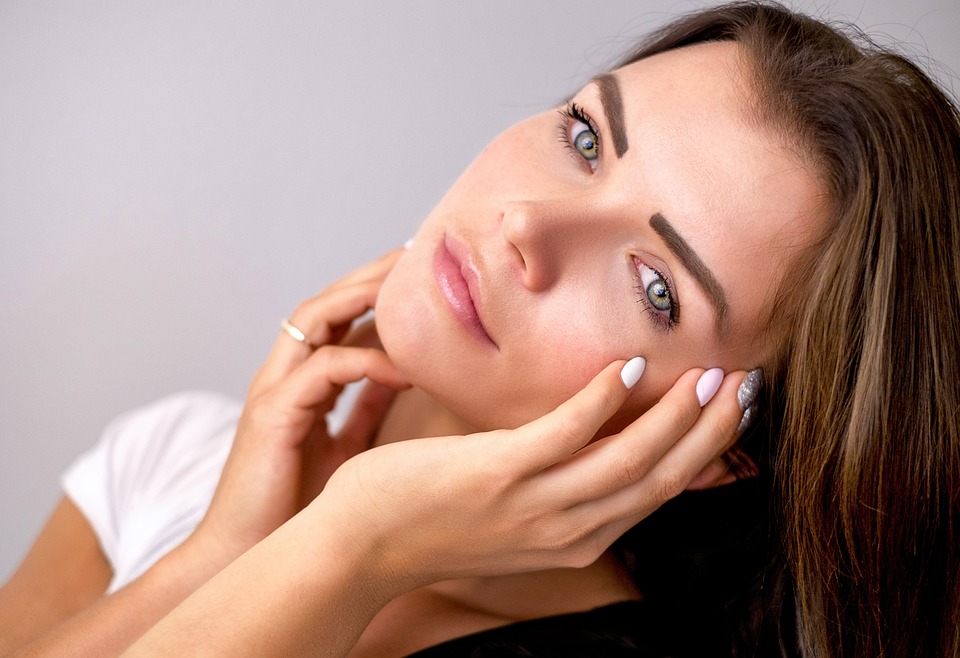Acne is a common skin condition that affects millions of people worldwide. It can cause redness, inflammation, and pimples, making individuals self-conscious and uncomfortable in their own skin. While there are many over-the-counter treatments available, some people prefer a more natural approach to managing their acne. That’s where probiotics come in.
What are Probiotics?
Probiotics are microorganisms, mainly bacteria, that live in our gut and help maintain a healthy balance of good bacteria. They are sometimes referred to as “friendly bacteria” because they have a positive impact on our health. The same probiotics that promote gut health can also improve skin health, especially in people with acne-prone skin.
How do Probiotics Help with Acne?
Acne is often caused by an overproduction of sebum, an oily substance that clogs pores and leads to the growth of bacteria. Probiotics have been shown to regulate the production of sebum, reducing the likelihood of clogged pores and breakouts. They also have anti-inflammatory properties that can soothe irritated skin, reducing redness and swelling.
Probiotics and the Gut-Skin Connection
The gut and skin are interconnected in many ways. The gut is responsible for processing the nutrients we consume and producing hormones that regulate various bodily functions, including skin health. When the gut microbiome is imbalanced, it can lead to skin issues, including acne.
Probiotics help to balance the gut microbiome by promoting the growth of beneficial bacteria. When the gut is healthy, it is better equipped to regulate hormone production and support skin health. This can lead to a reduction in acne breakouts and an improvement in overall skin appearance.
Incorporating Probiotics into Your Skincare Routine
There are several ways to incorporate probiotics into your skincare routine to help improve the health of your skin. Here are a few suggestions:
Probiotic Supplements
One of the easiest ways to get more probiotics into your diet is to take a daily supplement. Probiotic supplements are available in many forms, including capsules, powders, and liquids. They typically contain a high concentration of beneficial bacteria, making them an effective way to promote gut and skin health.
Probiotic-Rich Foods
In addition to taking a probiotic supplement, you can also consume probiotic-rich foods to improve your gut health. Foods such as yogurt, kefir, sauerkraut, and kimchi are all high in probiotics and can help balance the gut microbiome.
Probiotic Skincare Products
There are also skincare products that contain probiotics, including cleansers, toners, and moisturizers. These products are formulated to support skin health by balancing the skin microbiome and reducing the likelihood of breakouts.
Conclusion
Incorporating probiotics into your skincare routine can help improve the health of your skin, especially if you have acne-prone skin. Whether you take a daily supplement, consume probiotic-rich foods, or use probiotic skincare products, there are many ways to get more probiotics into your life and reap the benefits for your skin. With regular use, you may find that your acne is better managed and your skin appears clearer and healthier.

